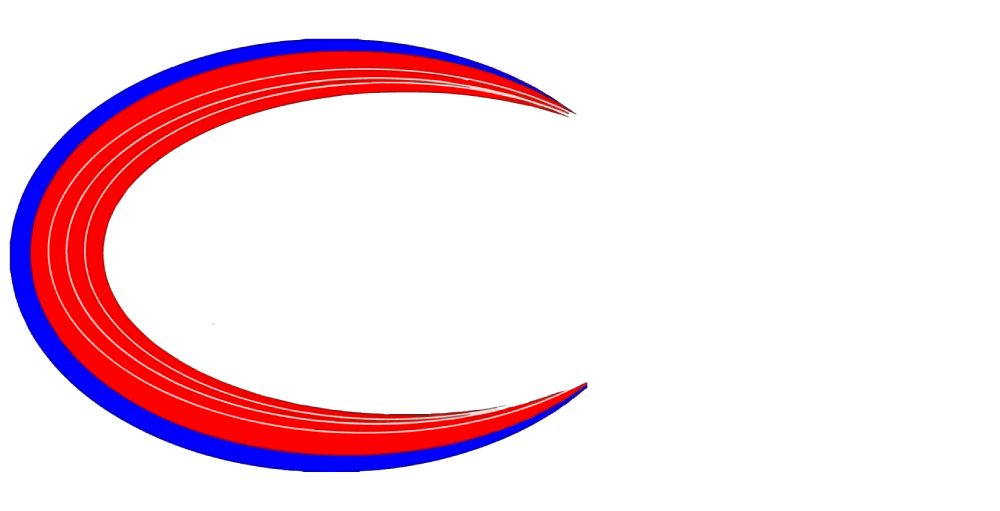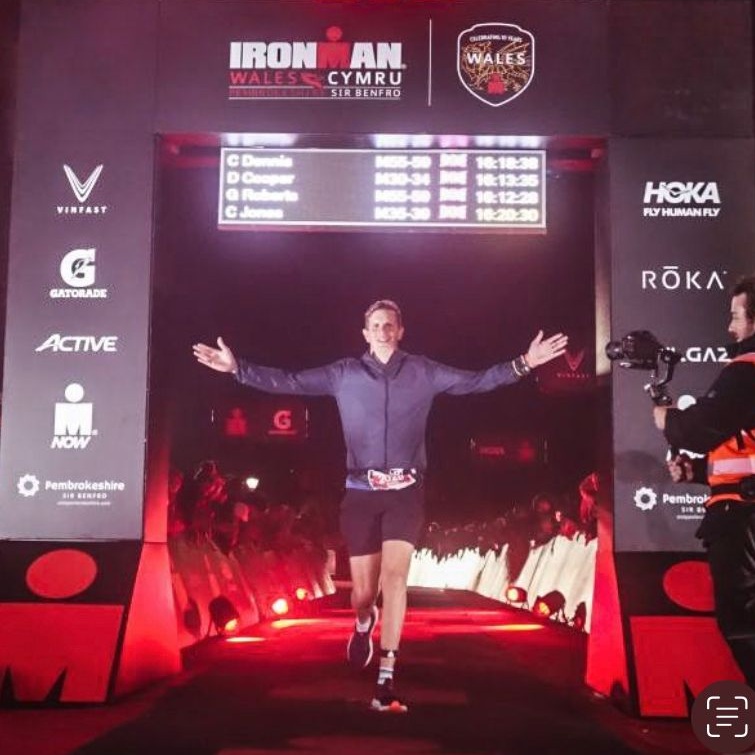 Mastering the Mental Game: 5 Strategies to Stay Focused During an Ironman
Mastering the Mental Game: 5 Strategies to Stay Focused During an Ironman
From powerful mantras to strategic mental checkpoints, these focus-boosting techniques will keep your head in the race.
Ironman events are thrilling, but endurance racing also demands incredible mental resilience. If you've ever found yourself slouched over your aero bars, struggling to stay engaged, you're not alone. Despite the excitement of race day, long hours on the bike and run can test even the most seasoned athlete’s focus. The swim naturally keeps you alert—navigating open water, sighting effectively, and avoiding collisions—but staying sharp on the bike and run requires proactive strategies.
1. Break the Race into Manageable Segments
Ironman is a test of endurance, both physically and mentally. Instead of thinking about the daunting full distance, break the race into smaller, manageable segments.
- Swim: Find a rhythm, stay relaxed, and focus on effective sighting.
- Bike: Segment the ride into loops or 20km sections. Use alerts on your bike computer as nutrition cues—they not only remind you to eat and drink but also help you reset and refocus.
- Run: Focus on reaching each aid station and “running the mile you’re in.” A watch alert for hydration and nutrition will reinforce staying in the present moment.
2. Use Personal Mantras
Mantras are powerful mental tools that reinforce focus and positivity. A simple phrase like "Calm. Smooth. Relaxed." can ground your mindset and improve body awareness. Regularly checking posture and breathing prevents unnecessary fatigue and keeps your form strong. Conduct body scans to ensure your technique remains efficient throughout the race.
READ YOUR NEXT ARTICLE: "What is Triathlon?"
3. Stay Present and Avoid Negative Thoughts
Looking too far ahead—or dwelling on past mistakes—can undermine your performance. If your swim didn’t go to plan or you had a mechanical issue on the bike, leave it behind. Focusing on what went wrong drains energy and disrupts performance. Instead, stay in the now and concentrate on executing each section effectively.
 4. Prepare for the Lows
4. Prepare for the Lows
Every Ironman race has its challenging moments—prepare for them in advance. Visualizing yourself handling setbacks calmly, such as fixing a flat tire, will help you stay composed and move on quickly. Emotional resilience is key to bouncing back and maintaining strong pacing.
5. Implement Regular Mental Checkpoints
Set reminders to check in with your mental state every 30 minutes or at specific race markers. Are you staying positive? Engaged? If not, reset with a pep talk or a change in focus. Gratitude for the journey and excitement for the finish line can be excellent motivators.
Smiling—even when you don’t feel like it—can trick your brain into shifting your mindset positively. If you're struggling, shake out the tension, engage with fellow racers, and stay connected to why you committed to this race in the first place.
Mental Preparation is Key
In the final weeks of training, use long rides and runs to visualize your race experience. Picture yourself executing smooth transitions, riding strong, and running confidently toward the finish line. Arriving mentally prepared will make a huge difference in race-day performance.
The Ironman experience is as much about mental strength as physical endurance. Anticipate challenges, embrace strategies, and show up ready to own the race—you got this!
READ THIS: "On Time Matters - Not just to you!"
 Professional Coach Paul Jones is a British Triathlon Federation Level 3 Coach and a Triathlon Australia Performance Coach.
Professional Coach Paul Jones is a British Triathlon Federation Level 3 Coach and a Triathlon Australia Performance Coach.
He is also an IRONMAN Certified Coach and a Level 2 Training Peaks Coach.
F4L Triathlon Coaching offers triathletes and other endurance athletes a full coaching and training service that caters to all levels of triathletes. F4L offers professional triathlon and endurance training support and the reliability triathletes require. Each athlete is an individual, every athlete has different needs. Coach Paul and F4L provide you with 15 years experience and professional coaching.


